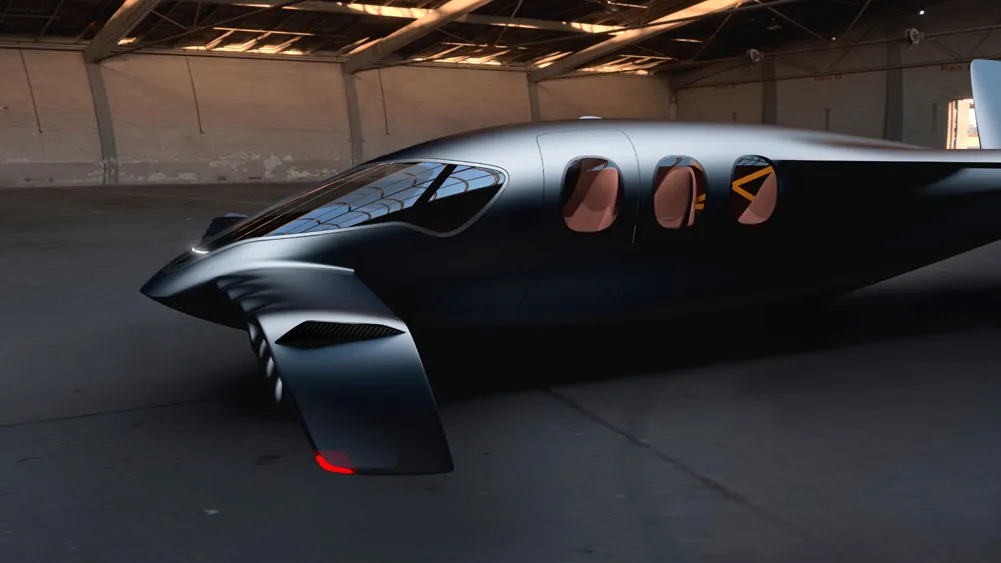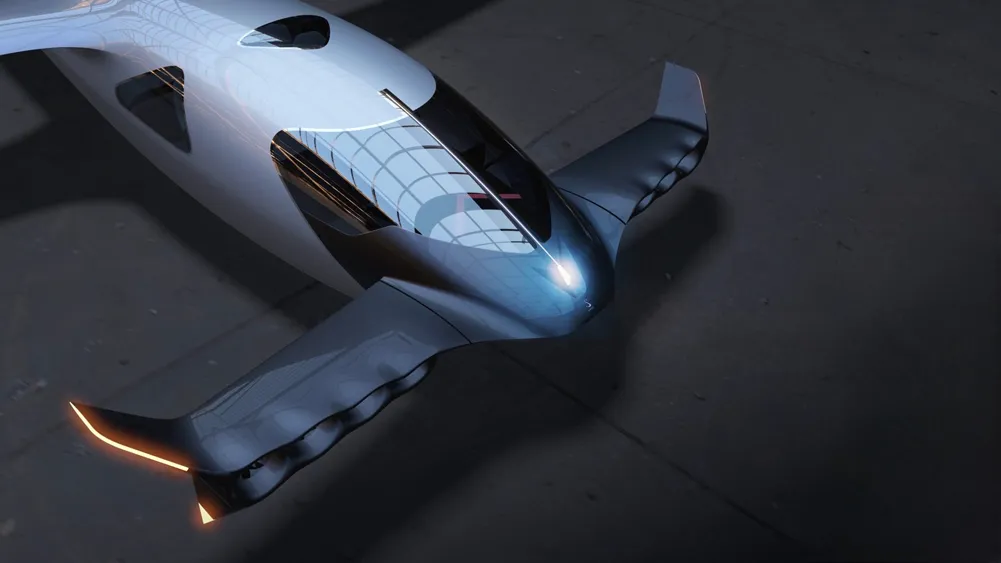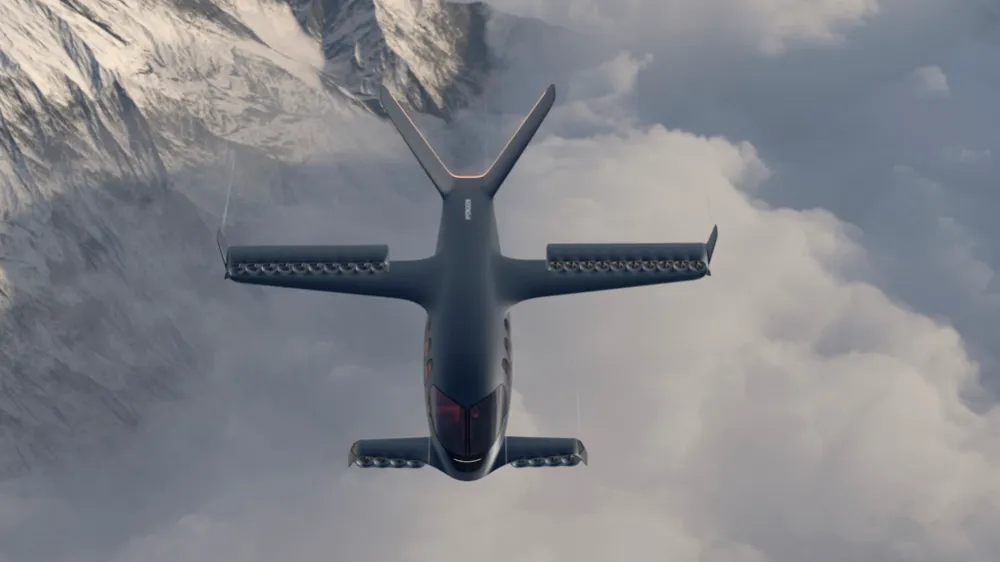Sirius Aviation is planning to launch not one but two zero-emission jets next year.
The world’s first hydrogen-powered Vertical Take-Off and Landing (VTOL) aircraft will hit the skies next year—if Sirius Aviation has its way.
The Swiss aviation startup unveiled two zero-emission jets on Wednesday that it claims will take flight in 2025. Designed in collaboration with BMW’s Designworks and the Sauber Group, the newcomers will be powered by a groundbreaking hydrogen-electric propulsion system that will enable quiet, carbon-free travel.
The Sirius Business Jet is geared toward private fliers, with space for up to three passengers. The craft will be able to cruise for up to 1,150 miles at speeds of up to 323 mph and altitudes of 30,000 feet. In addition, it promises ultra-low noise levels of just 60 decibels. (For comparison, the Cessna Citation Longitude averages sound levels of 67 decibels.)
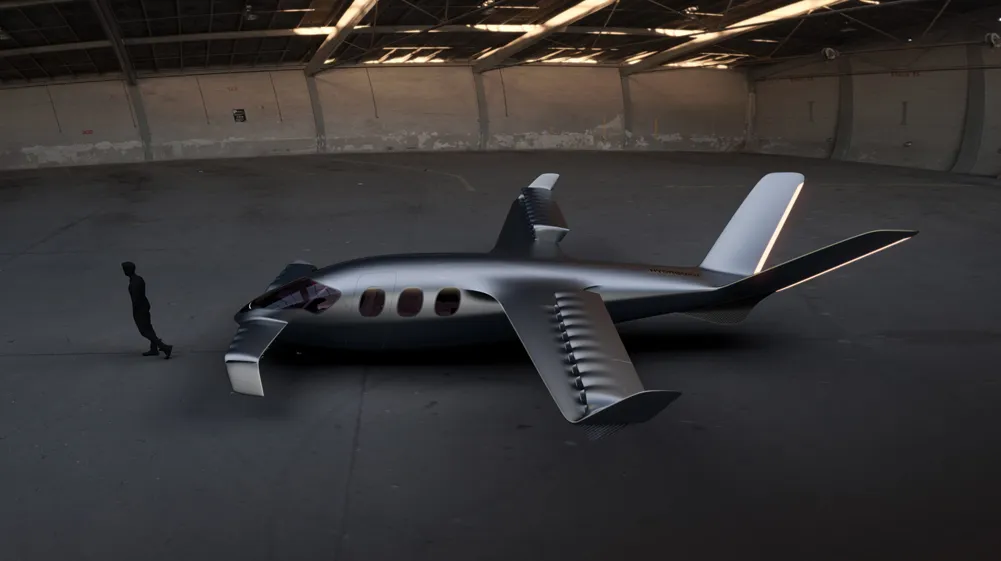
Conversely, the Sirius Millennium is intended for commercial jaunts and can accommodate up to five passengers. The Millennium has all the same performance figures as the business jet, save for range. The extra seats mean the craft has less room for hydrogen tanks and therefore offers a reduced range of 650 miles. That’s still good enough for regional flights, though.
The Sirius jets could well set a new industry standard in terms of flight distance and speeds. For context, the fastest known eVTOL in development, the Joby S4, has a top speed of 205 mph and a 150-mile range. As for VTOLs, Horizon Aircraft’s hybrid Cavorite X5 is expected to have a max speed of 280 mph and a range of roughly 500 miles.
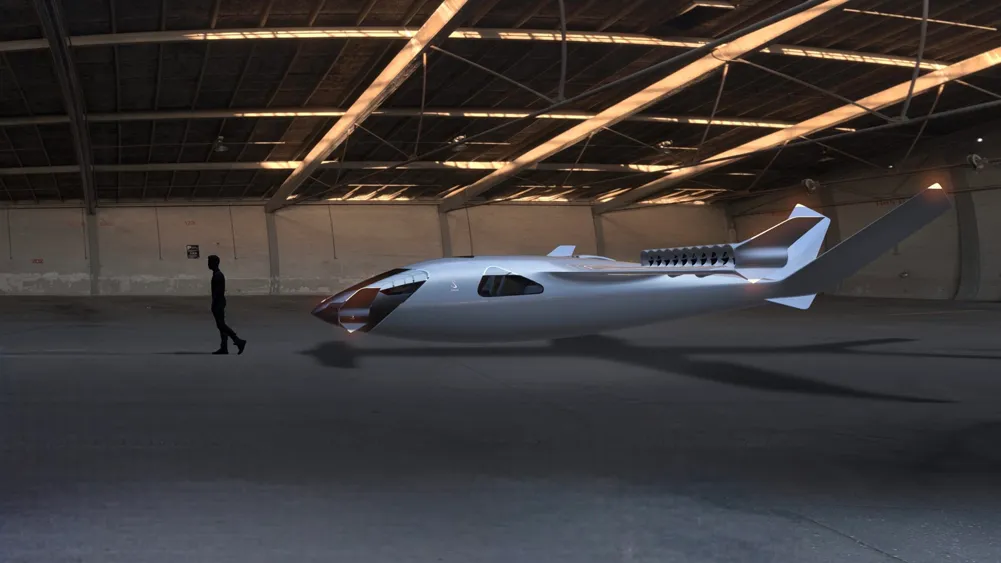
The Sirius aircraft, of course, will reportedly be the first hybrid VTOL to run on hydrogen rather than jet fuel or a battery. Hydrogen has three times more energy per unit of mass than conventional jet fuel, and more than a hundred times that of lithium-ion batteries. It is worthwhile pointing out that there are several companies already testing hydrogen on planes, but none have gotten the fuel certified or greenlit for commercial use.
There are few details about the actual design of the Sirius fleet. Sirius has said the aircraft will combine the aerodynamics of a jet with the versatility of a plane or helicopter. The startup has also shared that the jets will use a deflected vectored thrust system comprising 20 electric ducted fans to take off vertically.
The startup is planning to unveil the aircraft’s propulsion system at the Payerne Airport in Switzerland on January 17. The inaugural ignition will be followed by a press conference. Stay tuned.
